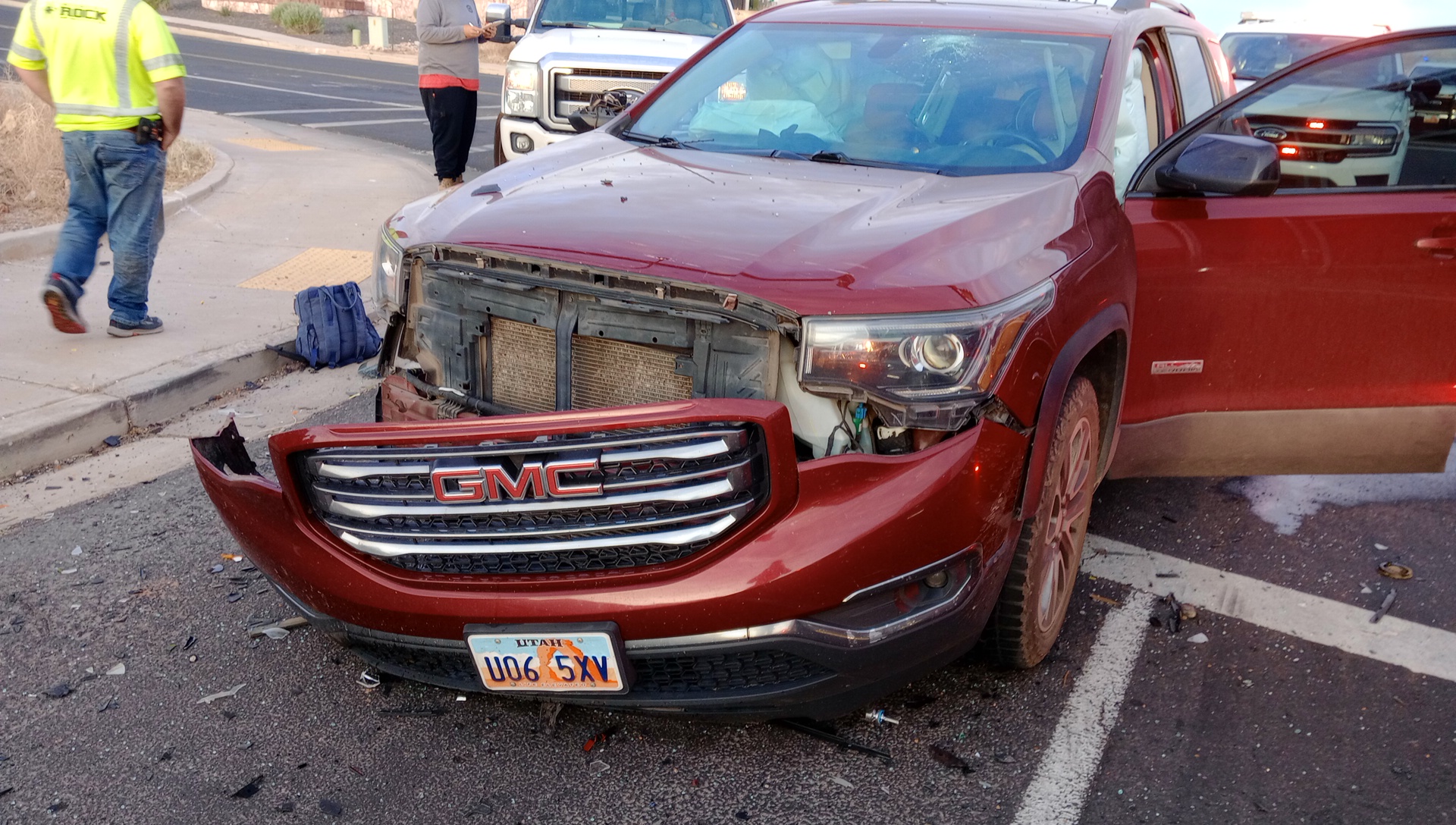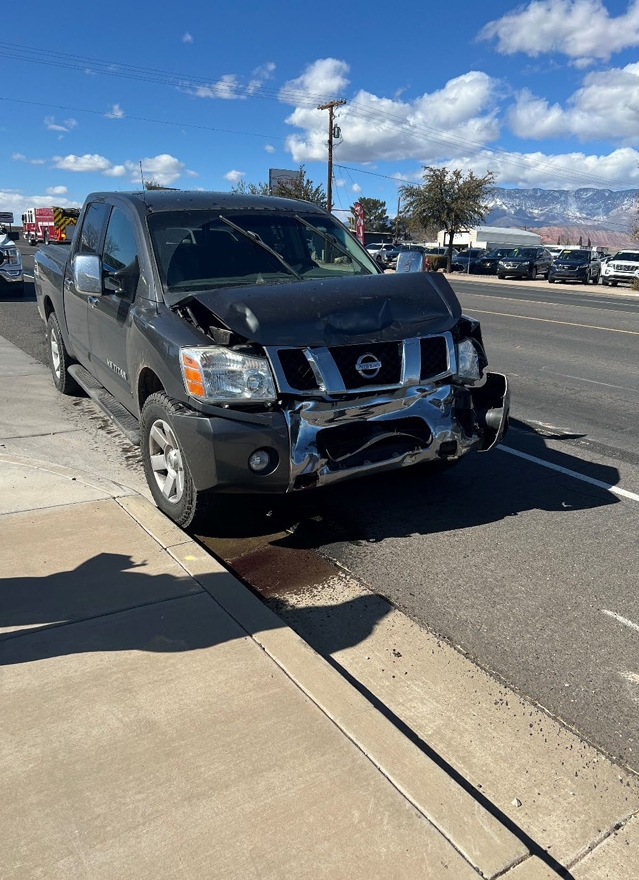
Your attorney will keep in contact with the adjustor for your file with the insurance company. In addition to the investigation done by your St. George lawyer, there will also be an investigation made by the insurance adjustor regarding:
- The party at fault in the case.
- Your own fault (if any) in your injuries, otherwise known as comparative or contributory negligence.
- The scene of the incident.
- Police reports, DMV reports, and any other reports by experts that pertain to the case.
After investigating the facts of your case, the insurance claims adjustor will contact your lawyer and request any medical reports and reports from other professionals regarding your injuries. The claims adjustor will also review documentation about your lost wages in relation to your injury. Mainly, the adjustor will need to obtain accurate records of your medical bills, pharmacy bills, and any other bills in relation to your injury and healing. For this reason, it is crucial for you to keep careful records of your medical bills, lost wages, and any out-of-pocket expenses due to your incident or injury.
How can a company decide how much my pain is worth in cash?
The answer to this question is a bit complicated. Initially, the claims supervisor or claims manager will determine a set amount that will be reserved for your case’s value. This number is called the “reserves” for your case. This value may change as your case progresses and other information is gathered. In serious cases the reserves value may equal the limits of the policy of the insured, or “policy limits.” Policy limits are the maximum liability limit detailed in the insurance policy of the person or entity that caused your injury.
As your case is prepared by your St. George attorney, the insurance company will keep records of your medical expenses, lost income from work, and other information, just as you and your lawyer will. In addition, the insurance company will take into account the quality of the evidence you and your attorney have provided against their insured client. This includes the quality of the testimony of all witnesses, the amount of any liability on your part, and any other factors such as existing injuries.
If you have experienced any injury to the same part of your body in the past, the insurance company will require medical documentation regarding that injury and its status prior to the incident. Throughout these communications, your attorney will stay in contact with the insurance carrier so that you are aware of all important information relevant to the case, and everything that the insurance carrier is considering.
Do I talk to the other driver’s insurance?
The short answer is no! You should never under any circumstances communicate with the insurance company once you have an attorney. Contacting the other party’s insurance company could ruin your entire case with one simple question or comment, however unintentional. Your lawyer should communicate with the insurance for you using their expertise.
Additionally, it is against the law in most states for the insurance company of the other party to contact you once you have legal representation.
Do I talk to my own insurance?
There may be some times when it is appropriate to communicate with your own insurance company, whether it is health insurance, medical spending insurance, or automobile insurance. But you should always check with your attorney first about making contact with your insurance carrier. Never contact your insurance company without getting approval from your lawyer first.
What if the other driver’s insurance denies my claim?
If liability clearly falls on the insurance carriers’ insured, and all the facts are well established and reliable in your case, the company will try very hard to settle your claim. But your case may be disputed if it meets these criteria:
- If the fault rests with an outside party, or someone other than the company’s insured. For example, if you or anyone else involved in the incident contributed to your injuries, the insurance company will make a dispute.
- If the insurance company does not believe you are injured, or injured as severely as you claim to be. This is why all medical records, hospital bills, and lost income are crucial to demonstrating the extent of your injury and its impact on you.
- If you or your witnesses have falsified any testimony, exaggerated, or fabricated the nature and extent of your injury or the way the injury occurred when the incident happened.
How do I make sure to win my case?
Most importantly, you must do all you can to recover and heal from your injury as quickly as possible. An insurance company is more likely to find you credible if you are active in trying to recover from your injuries. You must follow all doctors’ orders, advice from your physical therapist, and any other medical professionals that are consulted to help you recover.
Additionally, the insurance company is likely to believe you and your claim if you have careful documentation of your injuries and treatment. Exact and accurate medical bills and reports, and reports of wage loss information from your employer that is not exaggerated or open to interpretation will be of utmost importance in settling your claim.
Furthermore, insurance companies often settle claims more easily and efficiently with clients that have an active attorney on their side. If you are active in cooperating with your attorney’s advice, the insurance company is likely to find you and your claim credible and settle it as efficiently as possible.



